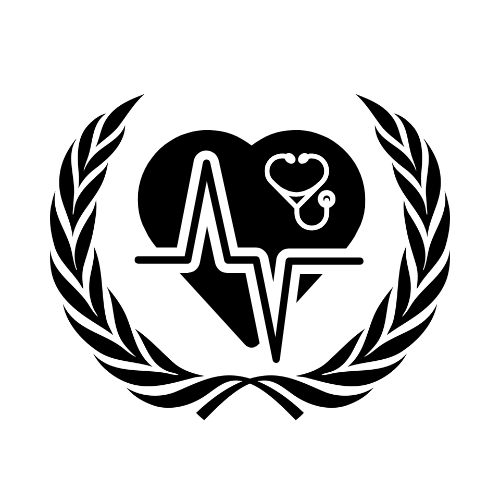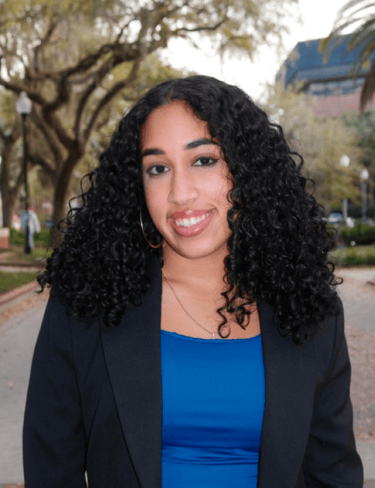Kayla Bellow is a third-year Public Health and Economics double major. She is currently serving as the Secretary General for UF's SunMUN Collegiate Conference. Aside from Model UN, she is also the Special Events Director for the UF Hispanic-Latine Student Association's Office of Political Affairs. When she isn’t in class or on campus, she enjoys playing piano, hiking, and traveling. Kayla has absolutely loved being a part of UF's Model UN team and can't wait for another great year at GatorMUN XXIII!







